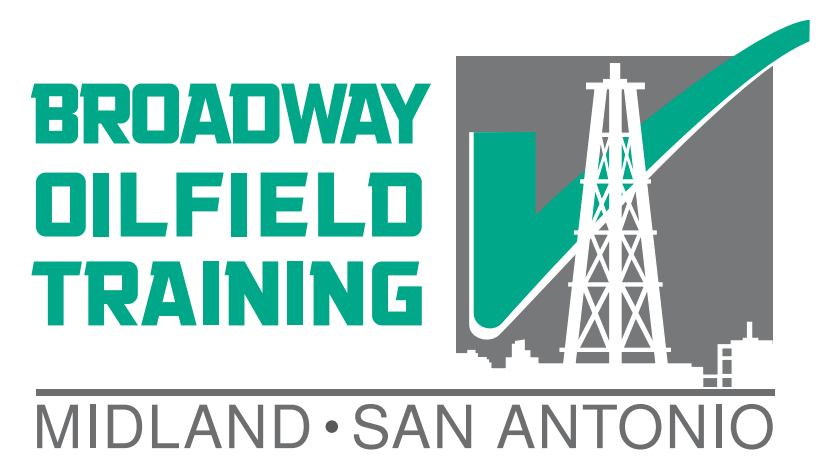Saying no to unsafety
Sometimes the most important word to ensure safe oilfield operations is the word “no.” All workers and supervisors must be able to say “no” to potentially unsafe situations which could include both scenarios that they know are unsafe or scenarios that they are unfamiliar with. All workers must be empowered to not undertake activities that exceed their current level of training, experience, and supervision. The consequences of engaging in an unsafe activity are not always immediately apparent (But we’ve always done it that way!), unfortunately the consequences when they do appear may be severe and are never worth the risk. SafeLand training shows us that activities that we are unfamiliar with may be unsafe, and only activities we are sure are safe—by training, experience, or supervision—should be undertaken.
From subordinates
Supervisors must treat their duty to conduct safe operations with the highest priority. After identifying unsafe acts from their subordinates those behaviors must be corrected. If not corrected, then negative consequences will result for the workers and operation. Workers should never knowingly be given the option to engage in activities that are not safe. That it will only be “just this one time” or because the team is anxious for days off are not excuses to engage in unsafe behavior. In the SafeLand training we teach that diligence and consistency are required to always reject unsafe behaviors.
From supervisors
Every worker will someday encounter a situation where their supervisor has asked them to do something unsafe. We should not assume that the supervisor actually intends for an unsafe situation to occur but rather it could simply mean the supervisor is not aware of some detail that has not been reported or has been overlooked. In this case it is imperative that the worker is able to recognize the potentially unsafe situation and inform or remine the boss that something else must be done. Personal safety is your own responsibility and every worker has a right to stop unsafe work. We deliver San Antonio SafeLand training to help supervisors improve their eye for safety.
From peers
Peer pressure is often described as a negative influence, although we should hope that peer pressure is more often used to encourage other workers to reinforce safe work behaviors. Helping other workers work safely by informing them of safe work practice is imperative. Workers must also say “no” when other workers cut corners or ask them to cut corners with them. Simply agreeing to unsafe work practices because others are doing them could result in death or serious injury.
From third parties
Different companies have different work tasks and different procedures for working safely. When one worker sees another worker doing something unsafe at a different company it is still helpful for them to inform the other worker about the safe way of working. This helps to build a greater safety culture throughout all of the companies working at the wellsite. It is also important to remind other workers about safe work practices because those practices may affect your own safety as well. Use every opportunity for improvement to help others as well as to reinforce your own belief in the culture of work safety.
Say no to unsafety
Whenever you see an activity that is important to speak up and help to rectify the situation. It does not matter if the unsafe activity is done by a supervisor, a subordinate, a peer, or a third party—it must be corrected. Do not let complacency become a habit.
